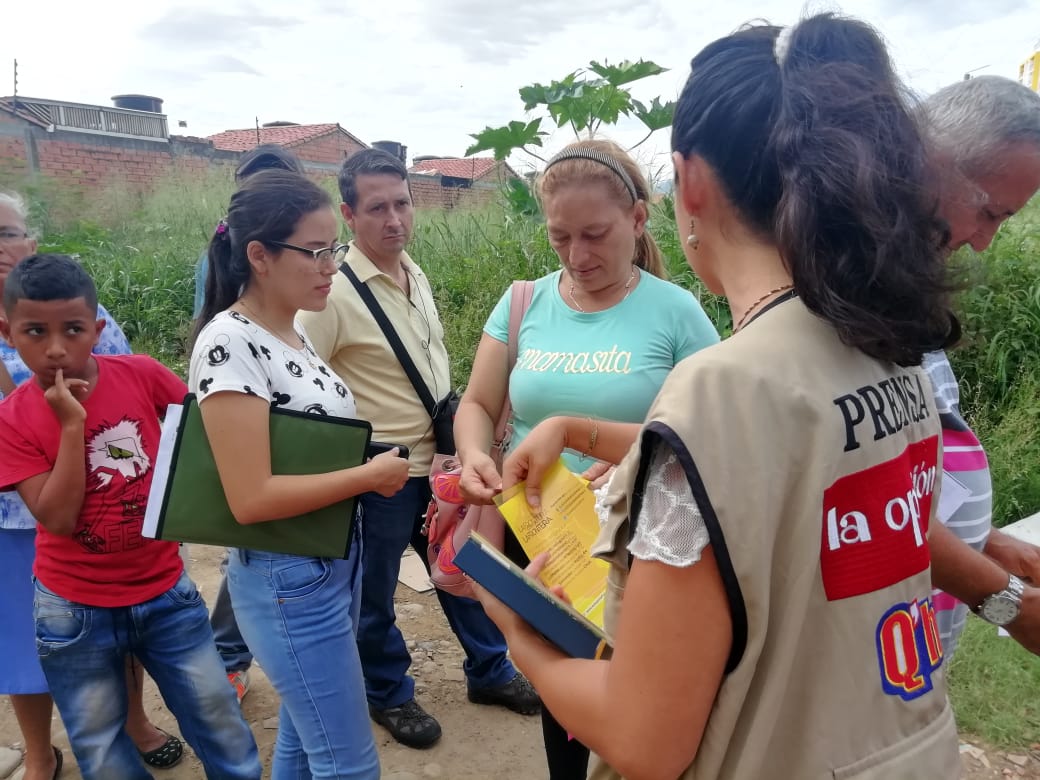
Countering narratives of hate, listening to migrants and delivering practical information are practices journalists who report on migrant communities are implementing to improve coverage ahead of possible measures from the U.S. president.
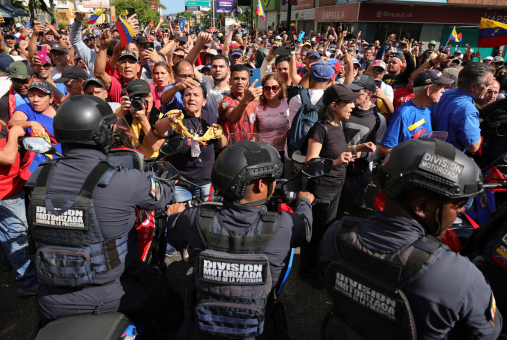
The weeklong disappearance of free speech advocate Carlos Correa and a widespread block on TikTok signal escalating repression as Nicolás Maduro begins his third term.
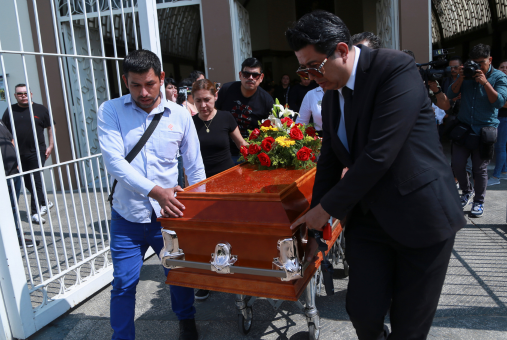
Latin America remains one of the most dangerous regions for journalists, with criminals and governments using killings and arbitrary detentions to silence press workers.

Three months after Nicolás Maduro’s disputed reelection, authorities are targeting journalists who appear to be critical, pushing many to self-censor, hide or flee the country.
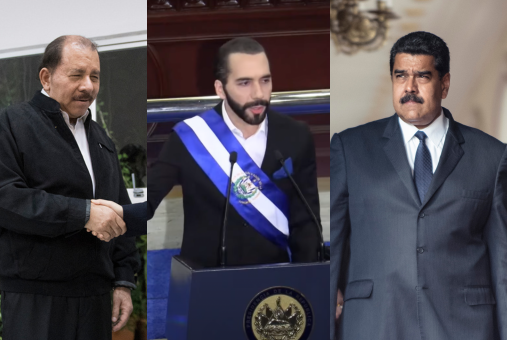
Lawmakers from the left and the right are drafting ‘foreign agent’ laws they claim protect their national sovereignty. They also threaten independent news outlets that rely on international funding.

Three women reporters have been arrested and accused of terrorism, amid a broader crackdown on dissent across the country.
Operación Retuit is a daily online newscast created by independent journalists hoping to bypass the censorship, persecution and increasing repression gripping post-election Venezuela.
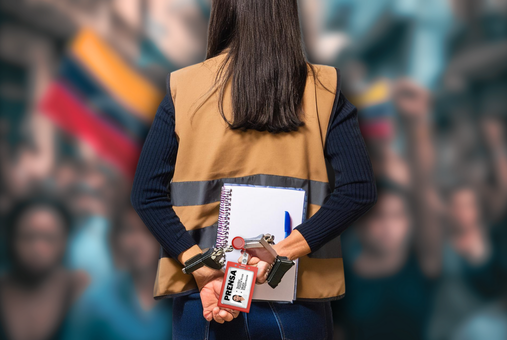
Some local journalists in Venezuela’s regions are turning away from reporting to stay safe in the face of repression.
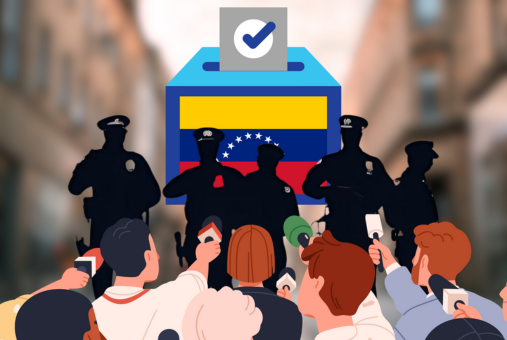
Organizations defending press freedom recorded more than 40 cases of attacks on media outlets and journalists during presidential elections in Venezuela. Most were cases of intimidation and obstruction of journalistic work in voting centers. At least three journalists were detained while reporting.
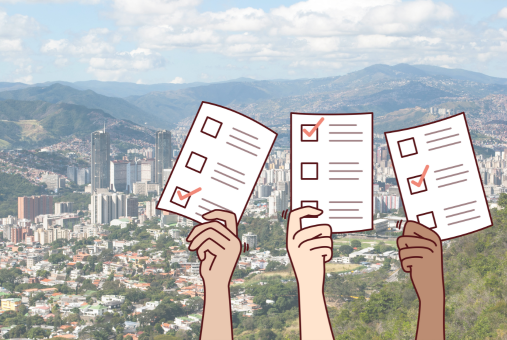
Battling disinformation and using collaboration as a weapon, Venezuelan journalists are preparing for the next presidential elections to be held on Sunday, July 28.

GIJN spoke to reporters from outlets based in Colombia, Honduras, and Mexico, as well as from two region-wide projects, to hear how they carried out their recent work, where they are innovating on this beat, and how they are changing the narrative about organized crime from a focus on kingpins to investigations into the impact of organized crime on ordinary people.

The phenomenon of exiled journalists is not new, according to the UN Rapporteur on freedom of expression, Irene Khan. However, the increase in recent years has caused concern and hence the need for both States and civil society to come together to offer help. Organizations from Latin America join that call.